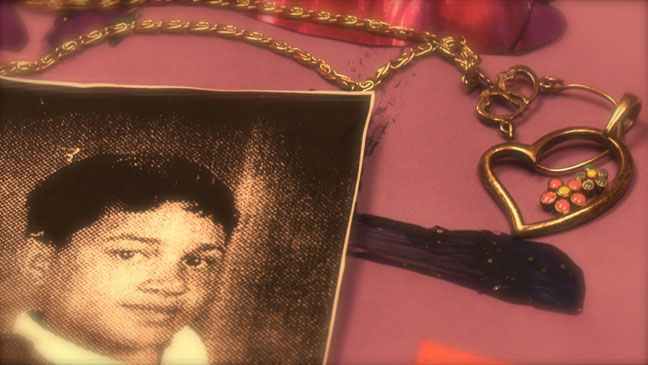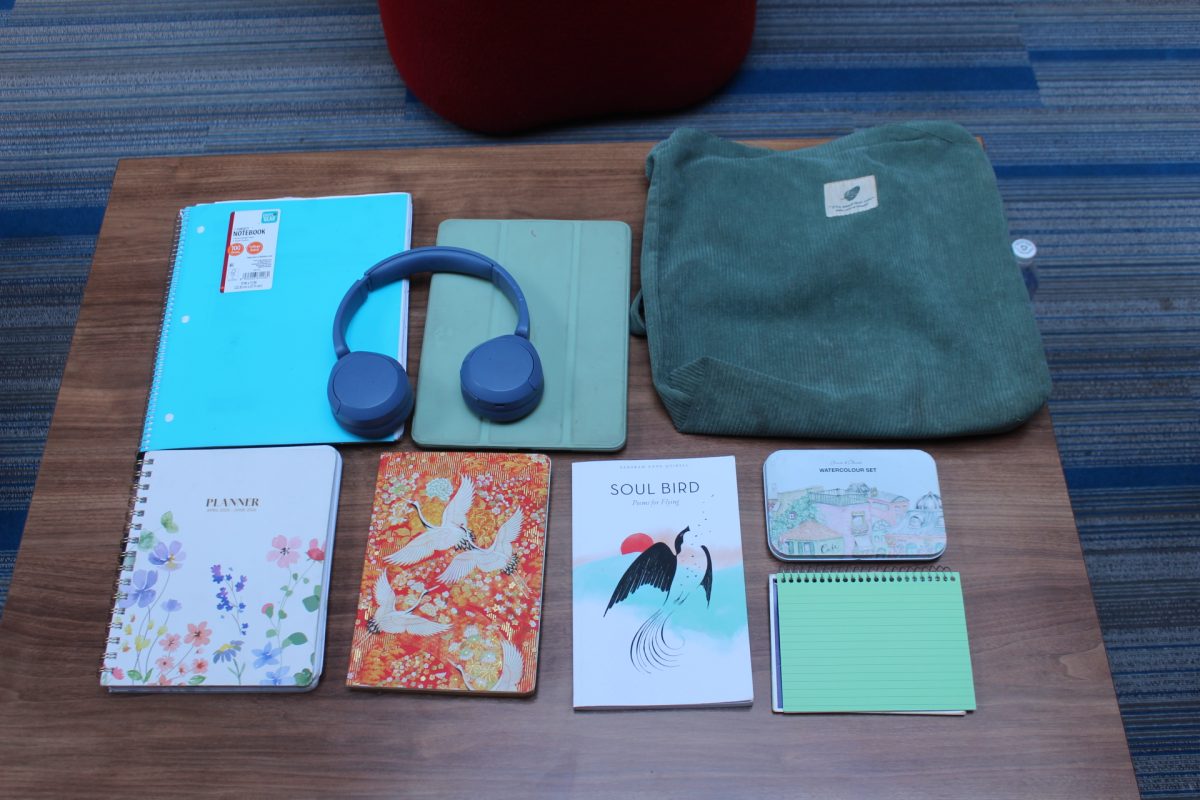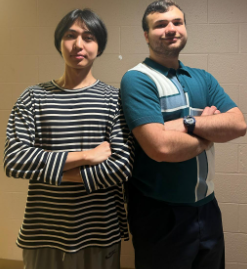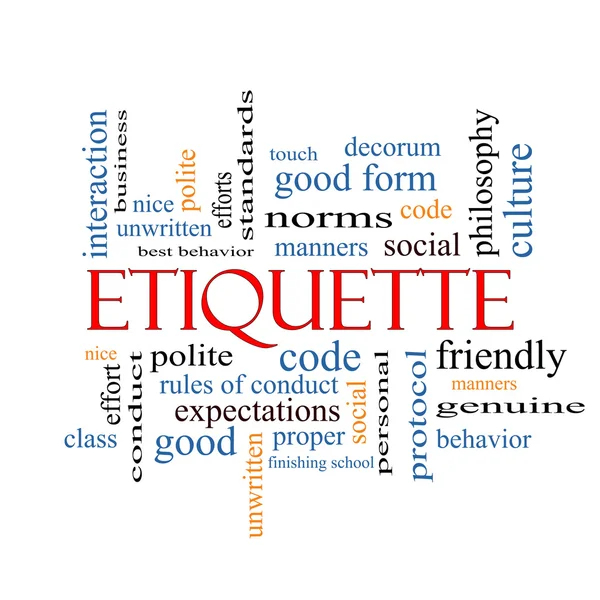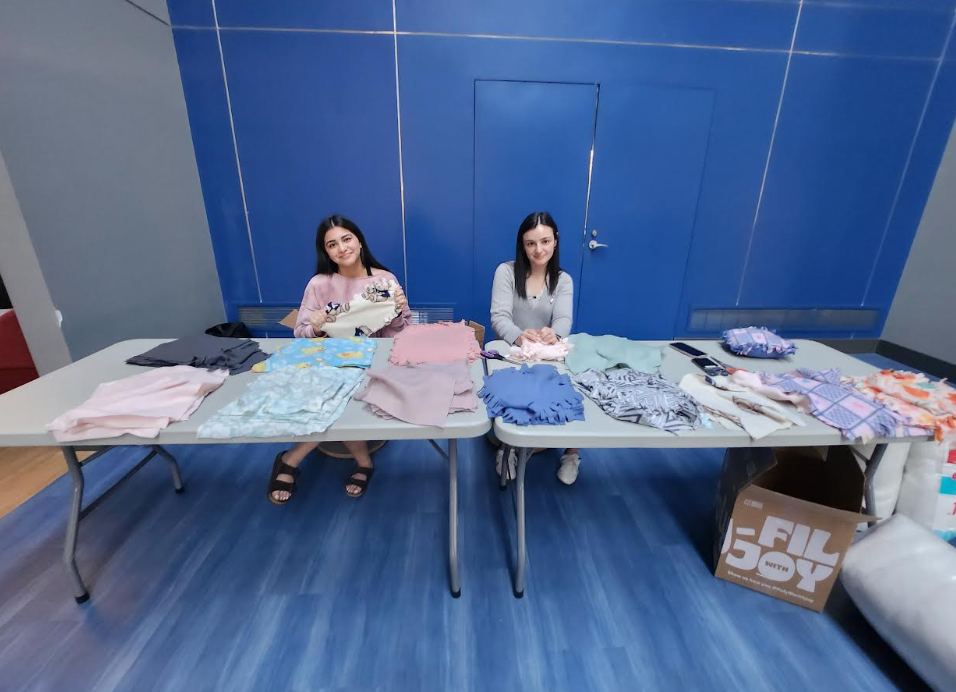When a fourteen-year-old boy is killed in the middle of class by his crush and the media sweeps the story up into a nationally public storm of emotions for both children’s families, Marta Cunningham’s documentary Valentine Road offers a distinctly passionate and human account of this violent and heartbreaking love story.
In Oxnard, Calif., two students, Marina and Mariah, describe the day their classmate Brandon McInerney shot another classmate, Larry King. Larry, openly exploring his gender identity by wearing high-heeled boots and makeup to school, had asked Brandon to be his valentine a few days before Valentine’s Day. Embarrassed, Brandon then came to class the next day, a gun in his hand, and he shot Larry twice in the back of the head. Marina and Mariah, witnesses to the event, tell through tears and shaking voices the sound of the gunshots and the way Larry’s body convulsed on the floor. As narrators throughout the film, Marina and Mariah present the story with very real, human emotion. They and other voices throughout the film, such as Brandon’s mother, two teachers, and even the jurors of Brandon’s trial, offer their perspectives to create a seamless, unbiased narrative.
This story is not just a love gone wrong between two children, but rather is a story that reveals the difficulty of being LGBTQ in a mostly heteronormative society. When Larry first began wearing makeup to school, he was sent to the office. When he confided in a teacher about his questioning gender identity, she told him, “Do nothing,” and later suggested that “a swift kick in the butt” would “do something about Larry’s situation.”
In light of recent legal developments across the U.S. concerning the unconstitutionality of gay marriage bans, Valentine Road stands as a firm supporter of the humanity of the LGBTQ community. When asked why she made the film, Cunningham said, “I wanted to prove that violence can happen anywhere. Sometimes you read or hear something, and it affects you on a base, primal level. And here what affected me was the level of intolerance in the community.”
Between clips of Brandon’s budding white supremacist ideologies and his girlfriend’s questionable comment that there were “no fully white people” in the area, racism also plays a role in the murder of Larry King, who was multiracial. Combined racism and homophobia leads to a community steeped in social injustice, with some people fearing for their lives if they ever admit they are anything but straight.
“How many [LGBTQ people] still have to live like this?” Cunningham asked in the discussion after the film.
Yet Valentine Road does humanize Brandon’s side. Despite growing up in an abusive home, Brandon was the ideal student with good grades. His mother and brothers were clearly destroyed after learning what he did to Larry. He was a child being tried as an adult. Yet during Brandon’s trials, his supporters came with a message that pinpointed Larry as the cause of his own murder. During this point in the film, many viewers raised outcries at the firm statement from a juror that “[Brandon] was solving a problem.” And that problem was Larry.
With crafted storytelling, Valentine Road asks viewers to question their own perspectives and experiences with LGBTQ and with any form of intolerance within a community. “The film was made to have an honest conversation for you with peers,” Cunningham said, gesturing to the audience. “There is great hope for your age group and below. You have incredible force and ideas and arguments, even if I disagree with some of them.”
Among the many scenes and lines that utterly break your heart, Valentine Road’s consistent quality of storytelling—from balancing opposing perspectives to exposing the intolerance of a fluid gender identity spectrum—make this documentary one to talk about long after the credits end.
The next film in the Southern Circuit Tour is Good Ol’ Freda by Kathy McCabe, a documentary on the secretary for The Beatles. Freda herself is supposed to make an appearance, so come see this film on Nov. 13, in H-P 214.

